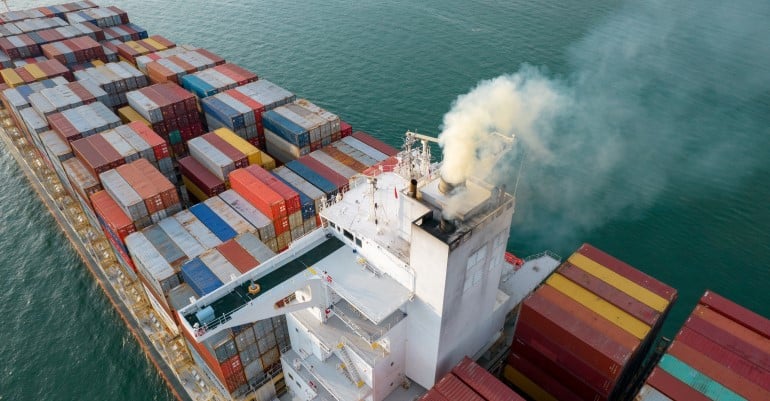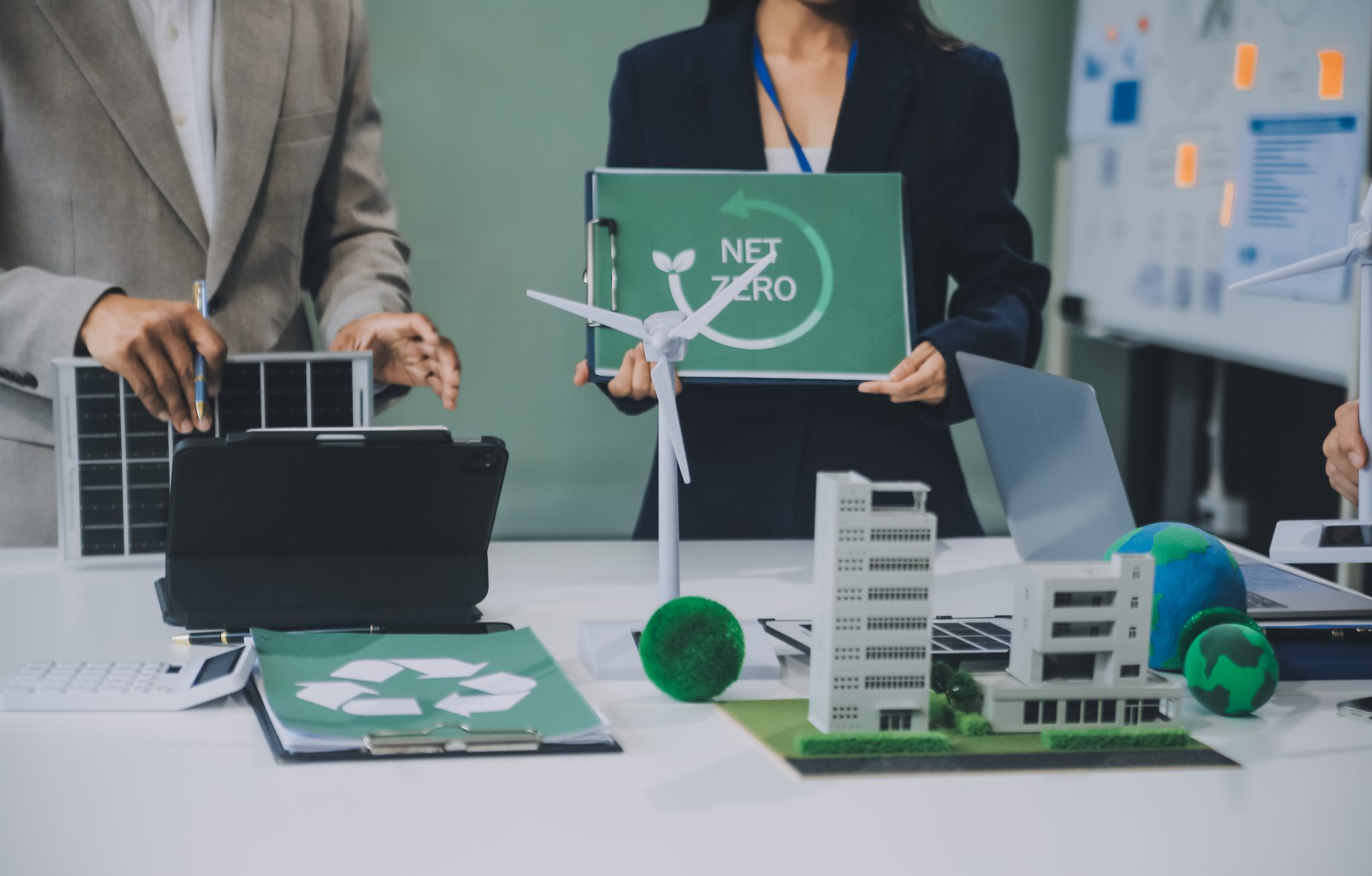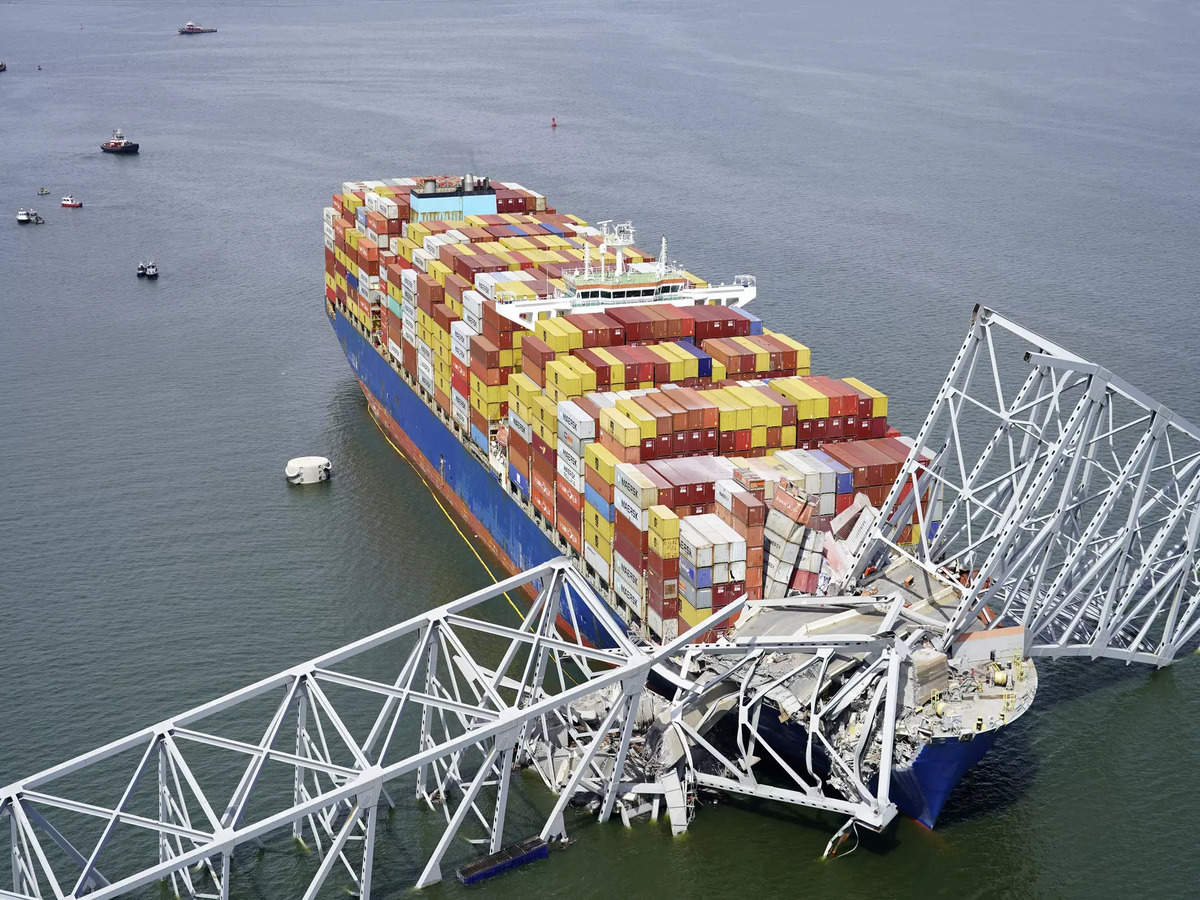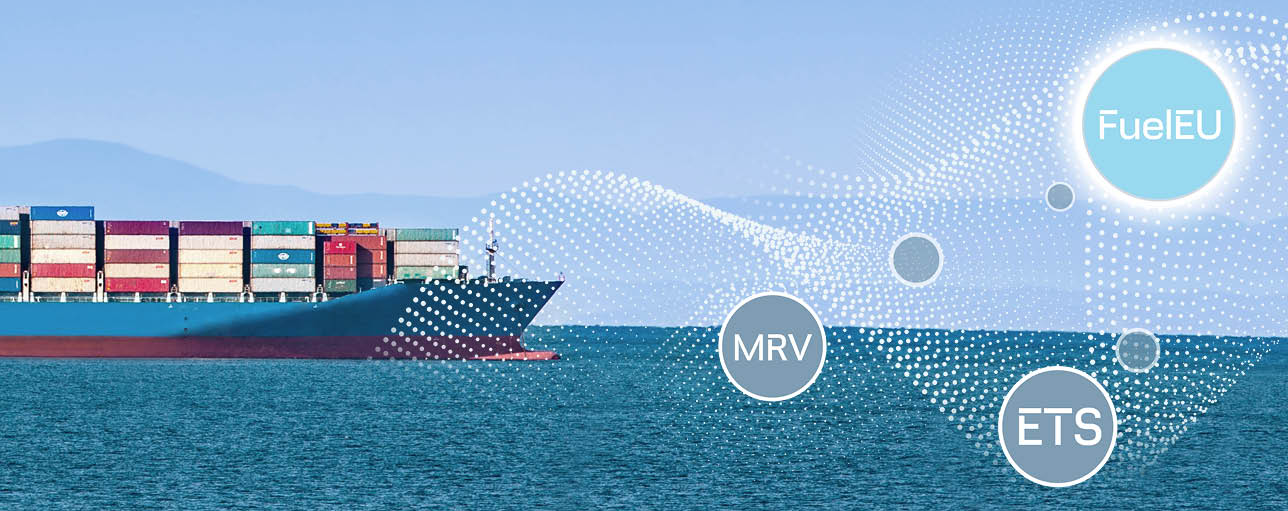
FuelEU Maritime and the Future of Shipping
In March 2023, European Union negotiators reached a landmark deal on the FuelEU Maritime Proposal—a pivotal piece of legislation aimed at accelerating the adoption of green fuels in the maritime industry. This first-of-its-kind framework is crucial to meeting the EU’s ambitious climate goals, combining high environmental standards with a holistic approach to shipping’s decarbonization.
What makes the FuelEU Maritime Proposal stand out is its comprehensive view on emissions. Rather than focusing solely on greenhouse gases released during fuel consumption, it considers emissions from the entire “well-to-wake” process. This means tracking emissions not just onboard ships but throughout fuel production and transport, ensuring that environmental responsibility is maintained across the entire logistics value chain. Moreover, the legislation includes other harmful gases like methane and nitrous oxide, creating a far-reaching environmental strategy.

Image credits: Seatrade Maritime News
For companies like Maersk, the FuelEU Maritime Proposal is particularly promising. Maersk’s investments in green ships, such as those powered by methanol, are rewarded under the new regulations. The focus is no longer on minor, incremental changes to individual ships but on fleet-wide improvements, fostering faster and more meaningful progress. This not only incentivizes greener fleets but also paves the way for more aggressive action in the fight against climate change.
Perhaps most critically, the Proposal sends a strong signal to fuel producers that the demand for green fuels is only going to grow. This confidence in the market will help build capacity at scale in what is still a developing industry. Green fuels, like bio-methanol and e-methanol, hold the greatest potential for slashing global greenhouse gas emissions, with the EU targeting at least a 55% reduction by 2030. However, developing these fuels at scale remains a challenge.

The FuelEU Maritime is a significant step forward, but it only addresses part of the problem. Global rules and regulations with a higher level of ambition are needed to truly decarbonize the shipping industry. This is why organizations like Maersk hope that the Proposal can serve as a launchpad for global action, especially as the International Maritime Organization (IMO) prepares to discuss a global climate strategy at MEPC80 in July 2024.
The Baltimore Ship Mishap: A Lesson in Logistics
The shipping industry has faced numerous challenges, both environmental and operational. Take, for instance, the Baltimore ship mishap, where a large container ship ran aground in the Chesapeake Bay in 2022. This incident not only caused delays but also highlighted the fragility of the global supply chain. A single operational issue can ripple across industries, affecting everything from product availability to fuel costs.

Image credits: The Economic Times
While the mishap in Baltimore was operational rather than environmental, it underscores the critical importance of smart logistics planning and resilient infrastructure. The incident serves as a reminder that while green technologies and fuel standards like FuelEU Maritime are vital for long-term sustainability, ensuring logistical efficiency and safety remains a core priority in the present.
As the maritime industry shifts toward greener fuels and sustainable practices, there’s also an increasing need for better navigational systems, enhanced port management, and emergency protocols to prevent incidents like the one in Baltimore. Sustainability and operational excellence must go hand-in-hand to build a resilient, efficient, and environmentally responsible future for global shipping.
The Road Ahead
The FuelEU Maritime Proposal is a critical piece of the logistics revolution, ensuring that shipping becomes a key player in global efforts to combat climate change. By addressing the entire lifecycle of fuel emissions and incentivizing investments in green fleets, it sets the stage for broader, more aggressive climate actions on a global scale.

Image credits: DNV
As industries and governments worldwide look to decarbonize, incidents like the Baltimore ship mishap remind us that the journey towards a sustainable future will not be without its challenges.
But with strong regulations, smart technologies, and a collective global effort, the logistics industry can evolve into a greener, safer, and more efficient system that benefits both businesses and the planet.
IS360 Can be Reached at
Sharing is caring!

